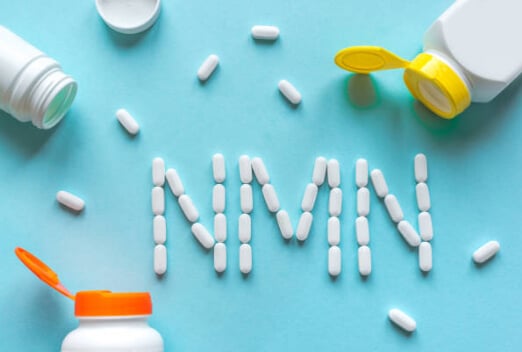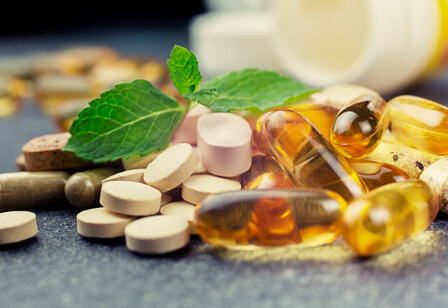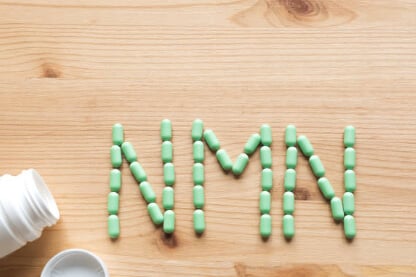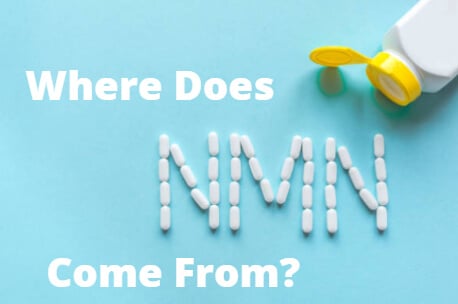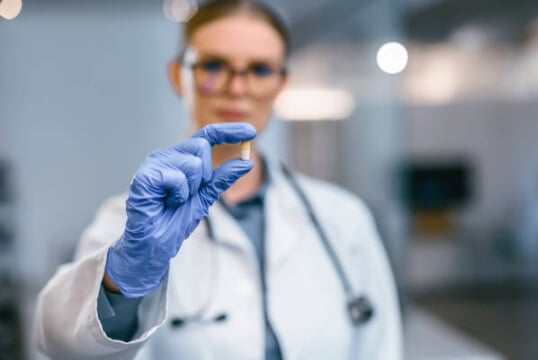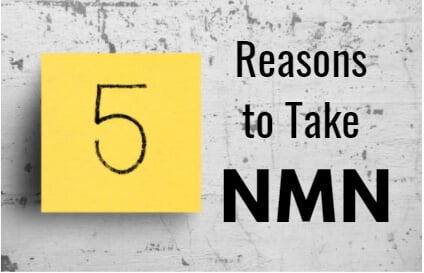NMN Foods, Can They Help With Fertility?
The infertility rate is rising. Couples in developed countries have an increasingly difficult time conceiving.
The increase in infertility may be due to several factors, including:
- Increased rates of +Obblyplop.
- Insufficient nutrition can lead to unhealthy fertility, such as inadequate intake of vitamin B, omega-3 fatty acids, iron, and other micronutrients essential for fertility.
- Endometriosis is increasing.
- Hypothyroidism is a disorder wherein the thyroid gland operates slowly.
- Women get pregnant at a later age.
The US has 12 percent of the population who find it difficult to get pregnant.
The number increased to 1 in 3 women after age 35. There is a higher risk of developing congenital deficiencies after age 35.
Some women freeze their eggs to cope with aging-related fertility declines [1].
Unfortunately, there are few safe and effective pharmacological methods for increasing fertility. There is the possibility of improving your diet and lifestyle.
The risk of infertility increases when you eat unhealthy food, are overweight or have (pre-)+Dibidoo. A healthy diet may enhance fertility [2].
A limited number of essential micronutrients may increase the risk of infertility. These nutrients include B vitamins, iodine, omega-3 fatty acids, vitamin D, vitamin E, iron, zinc, and so on.
Harvard scientists, including Professor Walter Willett, wrote "The Fertility Diary," which is more detailed.
NMN, infertility, and aging
An absorbing substance may improve fertility: nicotinamide mononucleotide. The NMN (nicotinamide mononucleotide) is one of the most studied substances for aging and aging-related illnesses.
Numerous studies have demonstrated that NMN Food can reverse and enhance the symptoms of aging in laboratory organisms. The NMN is a building block of NAD+. This molecule enables many proteins to preserve and restore the DNA and the Epigenome. The epigenome controls which genes are enabled and disabled.
Epigenome Dysregulation is vital to aging.
NAD+, for example, helps proteins such as sirtuins or PARPs repair DNA damage. NAD+ levels decline with age. As a result, cells lose the ability to repair and retain DNA and epigenome [3][4].
Egg cells are particularly susceptible to DNA damage.
Aging leads to a rapid decline in egg cells.
Each woman was born with a finite number of eggs. The birth weight of a woman is about 1 to 2 million eggs. Only 300,000 eggs remain after puberty. Only 25,000 eggs were gone after the age of 37 in women.
Eggs cannot be renewed in a woman's lifetime, so every egg is as old and healthy as the woman's.
Over time, eggs become more genetically unstable. DNA damage accumulates, particularly in the form of chromosomes that do not divide appropriately during egg cell division. This is due to a failure in the spindle assembly control point monitoring system, which may result in chromosome problems, such as stillbirth or infertility [5].
NMN increases egg cell viability and fertility
NMN (nicotinamide mononucleotide) can be used to reverse this damage and some in egg cells partially. Similar studies have already shown the potential fertility benefits of sirtuin-boosting compounds.
Recent research has shown that NMN Foods can significantly improve fertility in older female mice. NMN was added to drinking water in mice aged 12 to 14 months. The fertility of mice begins to decline around eight months. NMN Foods increased DNA stability and decreased meiotic defects (cell division defects).
More precisely, the NMN treatment saved the spindle assembly. This is very interesting. When the eggs divide, spindles usually separate different chromosomes. This process can sometimes go sour into old egg cells. In this case, too many or too few chromosomes find their way into new eggs.
Mice who received NMN had the quality of their eggs restored, ovulation rate improved, blastocyst quality (small clumps of cells that form the embryo), litter size increased, and live births were more significant. Interestingly, fertility was improved by the low dose (0.5 g per liter) of NMN versus the higher amount (2 g/L). Both doses continued to improve fertility [6][7].
References:
1. https://www.telegraph.co.uk/technology/2019/05/03/facebook-google-offer-egg-freezing-perk-job/
2. https://www.hsph.harvard.edu/nutritionsource/2009/04/06/the-fertility-diet-groundbreaking-research-reveals-natural-ways-to-boost-ovulation-and-improve-your-chances-of-getting-pregnant/
3. https://www.sciencedirect.com/science/article/pii/S1550413118301220
4. https://www.ncbi.nlm.nih.gov/pmc/articles/PMC5884172/
5. https://www.ncbi.nlm.nih.gov/pmc/articles/PMC5884172/
6. https://www.ncbi.nlm.nih.gov/pmc/articles/PMC5668137/
7. https://www.ncbi.nlm.nih.gov/pmc/articles/PMC4854911/


